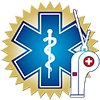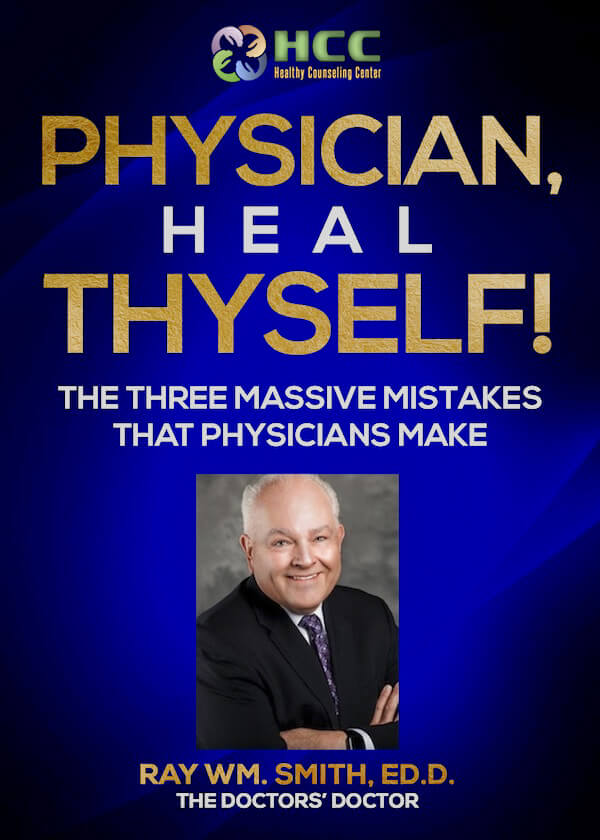Photo by Hans Dorries on Unsplash
Completed Staff Work
When I was a young pastor in the 1970s, I served a church in San Antonio, Texas filled with military families. One of the officers in the congregation taught me a method of problem-solving used during his career in the service.
The process is called “Completed Staff Work” because it empowers those who discover a problem to find, evaluate, and recommend an option to solve it. Over the years I have used this method at home, on nonprofit boards, in my work, and with Eagle Scouts. You may find this method helpful in your practice, congregation, and family.
The steps of Completed Staff Work made sense to me, as in this example:
-
- A Corporal in the Army discovers that his unit is short on bullets.
- He brainstorms ideas for options to get them some more ammunition.
- Send a soldier behind the lines to bring back bullets.
- Call on the radio to have bullets delivered.
- Borrow some from the closest unit.
- Wait and see if they have enough.
- He uses his imagination to think of the positive and negative consequences of each option.
- Sending someone
- + The soldier would know exactly where to bring them.
- – A soldier would be away, might not return, may be unable to lift them.
- Calling
- + The ammunition might come more quickly.
- – Breaking radio silence could be too risky.
- Borrowing
- + The trip could be shorter to retrieve bullets.
- – The next unit might be short on ammunition as well.
- Waiting
- + They could be safe and their ammunition last.
- – They could be attacked and not have enough ammunition.
- Sending someone
- He evaluates the possible consequences and chooses the best option for all concerned.
- He presents to his sergeant the problem, the options, their consequences, and his recommendation.
- The Sergeant either approves the recommendation or does more training of the Corporal.
In this example, the Sergeant may have information not available to the Corporal, like when they are expecting a delivery of bullets, or more positive or negative consequences the corporal needs to know about. After this training, should something happen to the Sergeant, the Corporal is trained to solve future problems, use Completed Staff Work and get promoted to become the new sergeant.
One way to remember the steps in Completed Staff Work is to use the metaphor of an automobile:
- steering wheel = the problem
- left front tire = the options
- right front tire = the consequences
- left rear tire = the evaluation
- right rear tire = the recommendation
- spare tire = the permission or training
I think Stephen Covey was right when he taught parts of the purpose of life are to live, learn, and leave a legacy. In the military example, living was a high priority in the soldiers’ mission. For a Sergeant to learn what his Corporal has learned, was a high priority for each of them. Leaders want to leave a legacy through competent learners and problem solvers.
In your medical practice you may need Completed Staff Work if you ever have:
- a receptionist who becomes aware of problems when your patients call
- a triage nurse who notices problems with your electronic medical record
- cleaning staff who see things that could contribute to disease or infection
- interns who ask difficult questions from what they have heard
- colleagues who have griped about situations without any proposals to improve them
- a billing person who knows when things change with insurance payments
- an office manager shocked with inflationary expenses
- patients who are suffering but seem unwilling to participate in their own health
- a PA or ARNP who spends a bit more time with patients and discovers patterns you haven’t

The Completed Staff Work method has been helping people for over 70 years. The United States government has so embraced Completed Staff Work that it has become a doctrine for leaders.
If you would like some coaching so you can perfect your own Completed Staff Work, then please call our office for a free Next Steps telephone conversation at (509) 466-6632.



Recent Comments